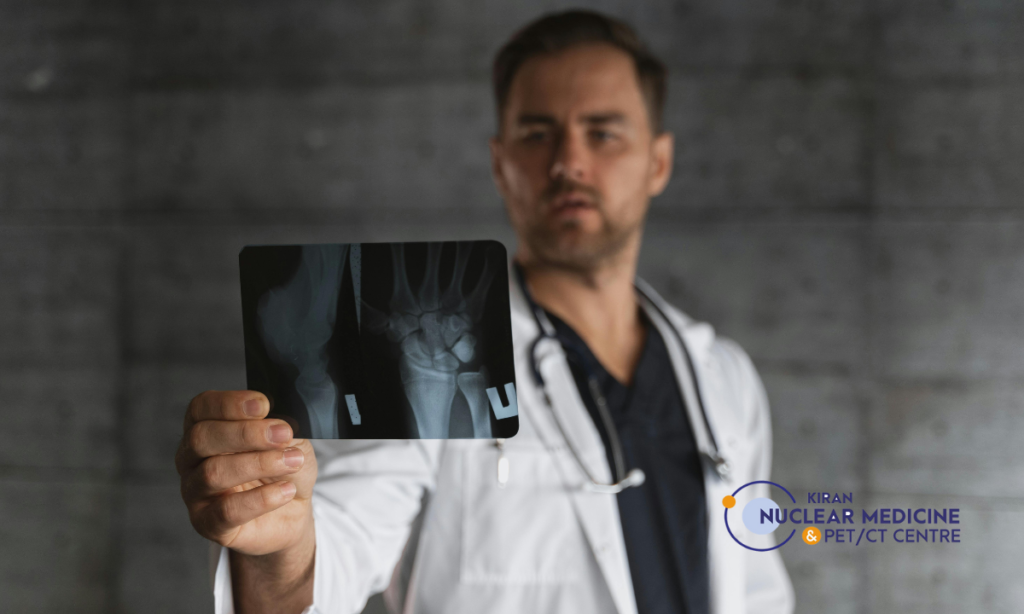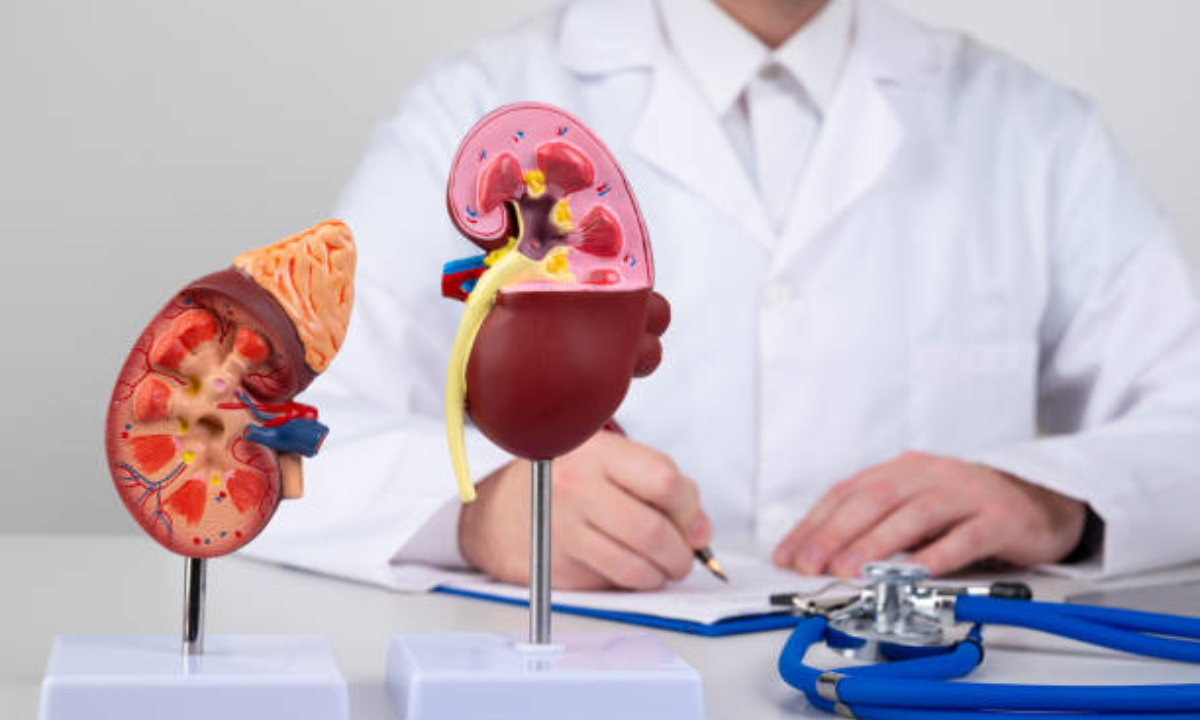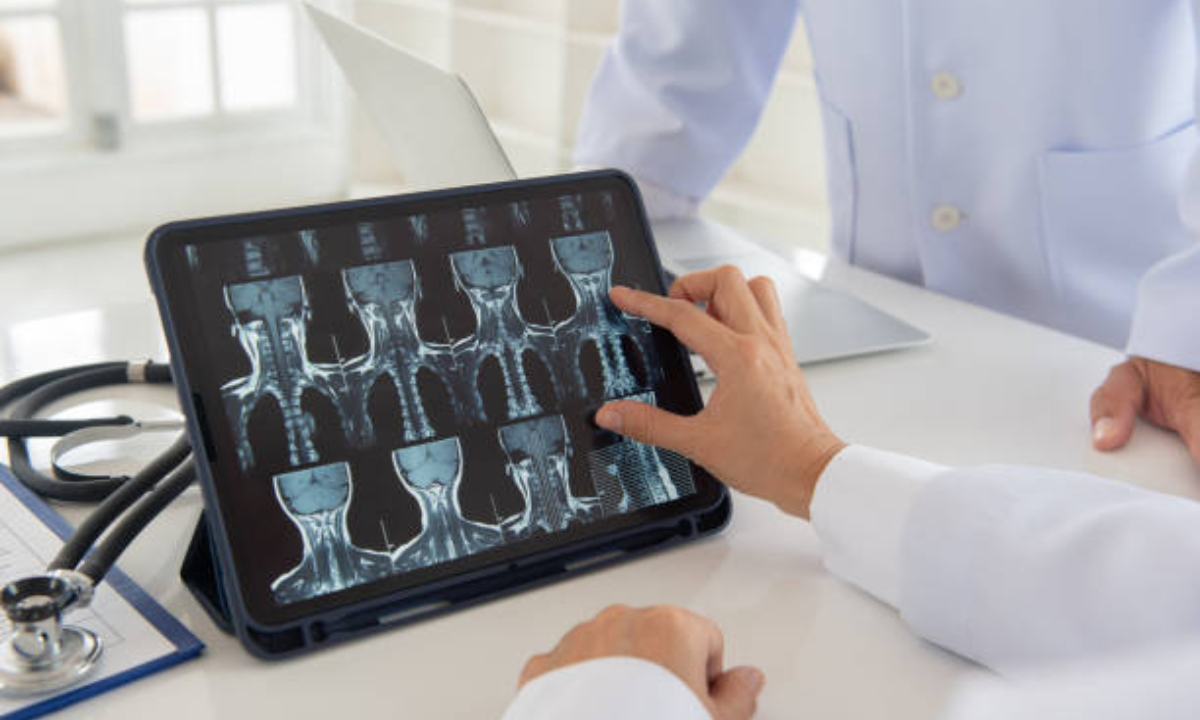We have all heard how serious heart disease can be, especially when it comes to sudden events like a heart attack diagnosis. At our centre in Kiran PET CT, we’re increasingly recommending a cardiac CT scan, often called a heart CT scan, sooner rather than later. If you are wondering why this non-invasive imaging is becoming a go-to, you are in the right place.
Recognising Heart Disease Symptoms in Men and Women
The first step is spotting the early signs of heart disease. For men, the typical heart disease symptoms in men often include classic chest pain, shortness of breath, or pain radiating into the arm.
But for women, the picture can be more subtle; heart disease symptoms in women may show up as nausea, fatigue, jaw pain or shortness of breath. Medical reviews have shown that women often get fewer diagnostic tests and later diagnoses compared to men.
Other common heart disease signs include palpitations, sudden light-headedness, and swelling in the legs. Recognising these signs early is key to preventing a serious event.
How Do We Diagnose Heart Disease?
Diagnosing heart disease usually involves a mix of approaches: physical exam, blood tests (for cholesterol, markers of heart damage), ECG, stress tests, echocardiography, and then sometimes more advanced imaging.
Introducing the Heart CT Scan

When we refer to a CT for the heart, we’re typically talking about a specialized imaging technique that visualises the coronary arteries, the heart chambers, and sometimes the calcium deposits in those vessels.
The procedure, often called a cardiac CT scan, is fast, non-invasive and gives us a high-resolution view of the heart’s anatomy and blood vessels.
Why we recommend it
At Kiran PET CT, we lean towards recommending CT for the heart when there’s suspicion of heart disease – perhaps the patient has chest pain, or high risk (diabetes, hypertension, family history), or atypical symptoms.
The reason: a heart CT scan can detect early signs of plaque, calcification, and narrowing before a full‐blown heart attack diagnosis becomes unavoidable. Studies show these scans may improve diagnosis of heart disease.
Cardiac CT scan accuracy
One of the critical questions we ask: how accurate is a cardiac CT scan? Meta‐analyses show strong diagnostic performance: sensitivity around 96 %, specificity around 74 % in one study of 29 studies.
Another study reports sensitivity 94 %, specificity 96 % for coronary CT angiography vs invasive angiography. In simple terms: a negative result on the CT scan (no disease) is very reassuring; a positive finding still often needs corroboration.
What We Can See with a CT Scan on Heart
When a CT scan on heart results come back, we typically look for a few main findings:
- Coronary artery calcium score (CAC) – higher scores suggest higher risk of coronary heart disease.
- Plaque or narrowing of the coronary arteries (even before symptoms).
- Morphology of the heart chambers/walls – sometimes structural issues.
- Assessment of anatomy if a patient has congenital or unusual presentation.
When we get a report, we review how significant the findings are in the context of heart disease risk, symptoms, and other tests.
When Do We Recommend CT Scan in Bangalore
In our context at Kiran PET CT, Bangalore, we might recommend a heart CT scan in the following situations:
- The patient has chest discomfort or atypical symptoms, and initial tests (ECG, stress test) are equivocal.
- Patients have multiple risk factors (diabetes, hypertension, smoking, family history of heart disease).
- The patient is asymptomatic but high risk and wants screening (after discussion).
- When we want to get detailed anatomy before deciding on invasive angiography.
Also, by offering a CT scan in Bangalore (near Kiranpet), we can access modern imaging with quicker turnaround, less invasive than catheter angiography, and often fewer complications.
Advantages and Limitations
We always weigh pros and cons. On the advantage side:
- Non-invasive: no catheter insertion into the coronary artery, no sedation necessary.
- High accuracy: excellent sensitivity, especially for ruling out disease.
- Quick: scan takes minutes, and results are often available soon.
- Early detection: allows us to spot disease early, adjusting lifestyle and treatment before a heart attack.
On the limitation side:
- Radiation exposure: CT involves X-rays, though modern scanners minimise dose.
- Contrast dye: some scans require contrast, which may affect kidney or allergic-sensitive patients.
- False positives/negatives: while negative results are very reassuring, positive findings may still require further testing (angiography) for confirmation.
- Not perfect for all conditions: very heavy calcification or the presence of metallic stents can reduce accuracy.
- Costs: depending on the facility in Bangalore and the technology used, the cost may be higher than simpler tests.
Heart Attack Diagnosis and How CT Fits In
When someone presents with acute chest pain, we think about a potential heart attack diagnosis (myocardial infarction). While the acute setting often demands ECG, troponins, and sometimes urgent catheterisation, a heart CT scan (particularly coronary CT angiography) can play a role in certain patients.
Research shows that CT scans appear to dramatically improve diagnosis of heart disease in patients presenting with chest pain, promoting better care planning and possibly reducing future heart attacks. In that sense, we in Kiran PET CT use CT scans not only for screening and risk stratification, but sometimes as part of the acute evaluation when appropriate.
Final Thoughts
At Kiran PET CT, we see many patients whose lives are changed when we catch heart disease early, before a heart attack, before irreversible damage.
A cardiac CT scan, also called a heart CT scan, is not just a fancy test: it’s a powerful tool that transforms how we detect, monitor, and manage heart disease. With its high accuracy, speed, and anatomical clarity, it complements our other diagnostic tools and helps us offer more personalised care.
If you have any symptoms like chest discomfort, unexplained fatigue, shortness of breath, are concerned because of family history or risk factors, talk to us. We will review what imaging including CT scan in Bangalore for the heart makes sense for you and walk you through the benefits, risks, and how it fits into your care plan.
Frequently Asked Questions (FAQs)
1. How do you diagnose a heart disease?
Heart disease is diagnosed using medical history, physical examination, blood tests, ECG, echocardiogram, stress tests, and imaging like coronary angiography and Heart CT scan to evaluate heart function and detect blockages or structural problems.
2. What are the early signs of heart blockage?
Early signs of heart blockage can include chest discomfort, shortness of breath, fatigue, dizziness, palpitations, or pain in the arm, neck, or jaw. Symptoms may be mild or intermittent initially.
3. What are the 5 signs of heart disease?
Common signs include chest pain or pressure, shortness of breath, irregular heartbeat, fatigue, and swelling in legs, ankles, or feet. Early detection improves management and reduces complications.
4. What is the most commonly diagnosed type of heart disease?
Coronary artery disease (CAD) is the most commonly diagnosed heart disease. It occurs due to plaque buildup in arteries, reducing blood flow and increasing the risk of heart attacks.
5. What are the 4 parts of a cardiac diagnosis?
A cardiac diagnosis typically includes patient history, physical examination, diagnostic tests (ECG, blood work, imaging), and interpretation of results to determine heart function, disease type, and severity.







